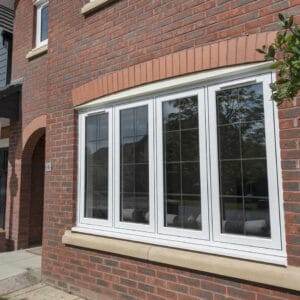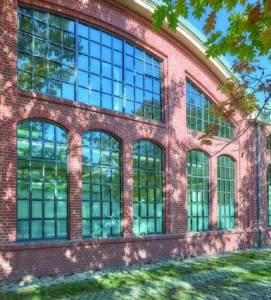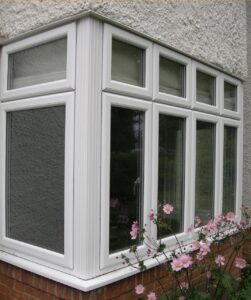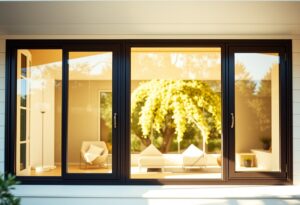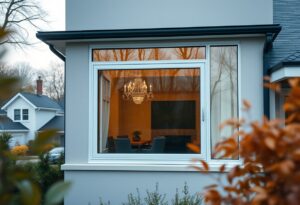Perfunctorily, maintaining your sliding doors may seem like a mundane task, but it is of paramount importance for the longevity and functionality of these essential household features. When it comes to cleaning and upkeep of your sliding doors, there are certain crucial dos and don’ts that every homeowner should be aware of. Neglecting to follow these guidelines could lead to costly repairs, decreased energy efficiency, and potential safety hazards.
First and foremost, it is vital to regularly clean and lubricate the tracks and rollers of your sliding doors to prevent debris build-up and ensure smooth operation. Avoid using abrasive cleaners or harsh chemicals, as they can damage the door materials. Additionally, inspect the weather-stripping and seals regularly to ensure they are intact and properly functioning. For more in-depth guidance on maintaining your sliding patio doors, you can check out this informative article on how to maintain your sliding patio doors.
Key Takeaways:
- Regular cleaning: It is important to regularly clean your sliding doors to prevent the build-up of dirt and grime, which can affect their function.
- Use appropriate cleaning agents: Avoid using harsh chemicals or abrasive materials that can damage the surface of the doors. Opt for mild soapy water and a soft cloth instead.
- Lubricate the tracks: Applying a lubricant to the tracks of your sliding doors can help to prevent them from sticking and ensure smooth operation.
- Inspect for damage: Regularly inspect your sliding doors for any signs of damage or wear and tear, and address any issues promptly to prevent further damage.
- Professional maintenance: Consider scheduling regular professional maintenance for your sliding doors to ensure they are kept in optimal condition.
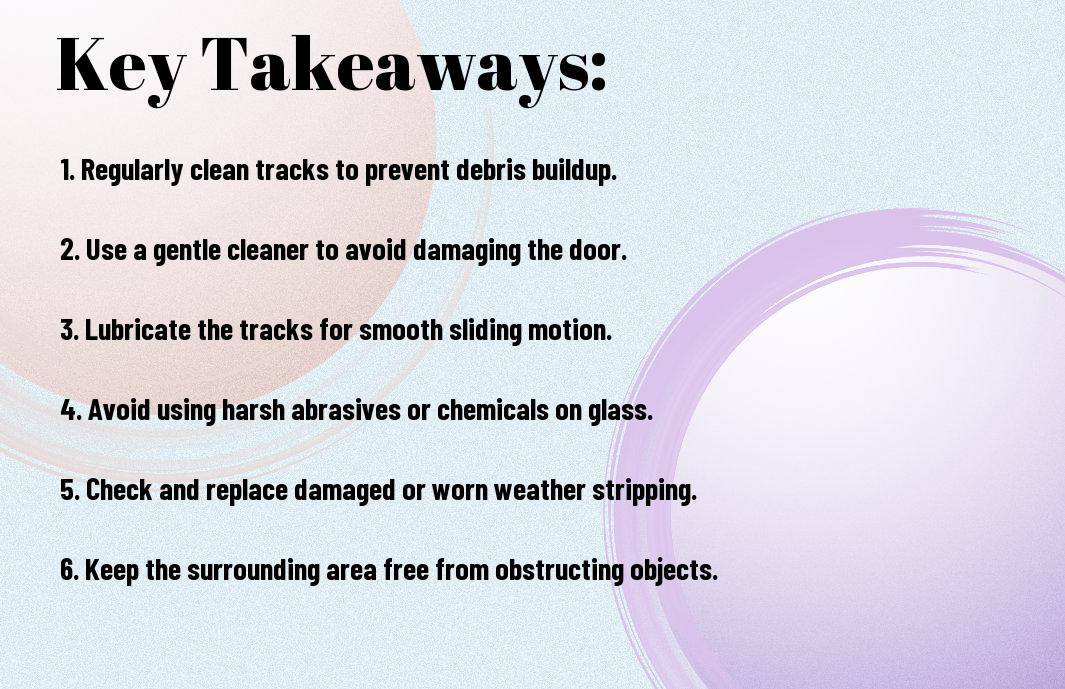
The Dos of Sliding Door Maintenance
When it comes to maintaining your sliding doors, there are certain dos that you need to keep in mind to ensure their smooth and efficient operation.
Regular Cleaning Techniques
Regular cleaning of your sliding doors is essential to prevent dirt and debris from building up, which can lead to jams and difficulty in opening or closing the doors. Use a non-abrasive cleaner and a soft cloth to gently wipe down the tracks, frames, and glass panels. Ensure that you remove any built-up grime and dust from the tracks to maintain a smooth and easy gliding motion. Additionally, clean and lubricate the door handles and locks to keep them in good working condition.
Lubrication and Care for Smooth Operation
To maintain smooth and effortless sliding door operation, it’s crucial to regularly lubricate the tracks and rollers using a silicone-based lubricant. This will reduce friction and ensure that the doors glide open and shut without any resistance. Additionally, inspect the tracks and rollers for any signs of wear and tear, and replace any worn-out components to prevent further damage to the door system.
It’s important to note that over-lubrication can attract more dirt and debris, so use the lubricant sparingly and wipe away any excess to maintain a clean and efficient door system.
The Don’ts of Sliding Door Upkeep
Avoiding Common Cleaning Mistakes
When it comes to cleaning your sliding doors, there are some common mistakes that should be avoided. Firstly, avoid using harsh chemical cleaners as these can damage the finish of your doors and cause discolouration. Instead, opt for gentle, non-abrasive cleaners that are specifically designed for use on glass and metal surfaces. Additionally, avoid using abrasive scrubbers or materials such as steel wool when cleaning as these can scratch the surface of the doors.
Another common mistake to avoid is neglecting to clean the tracks of your sliding doors. Over time, dirt and debris can accumulate in the tracks, causing the doors to become difficult to open and close. Regularly vacuuming or wiping out the tracks can prevent this build-up and keep your doors functioning smoothly.
What Not to Do: Maintenance Habits to Break
When it comes to maintaining your sliding doors, there are certain habits that should be broken in order to prevent damage. One of the key habits to break is neglecting to lubricate the tracks and rollers of the doors. Over time, these components can become stiff and difficult to move, leading to wear and tear on the door mechanism. Regularly applying a silicone-based lubricant can help to keep the tracks and rollers functioning smoothly.
Additionally, do not ignore damaged or worn weather-stripping on your sliding doors. The weather-stripping helps to create a seal to prevent drafts and moisture from entering your home. If it becomes damaged or worn, it should be replaced promptly to maintain the efficiency of your doors.
It’s important to be mindful of these maintenance habits in order to keep your sliding doors in good condition and avoid costly repairs in the future.
Troubleshooting Common Sliding Door Issues
If you’re facing issues with your sliding doors, it’s important to address them promptly to avoid any further complications. Here are some common problems you might encounter and how to fix them. For more tips on maintaining your sliding doors, check out Top 3 Tips to Maintain Your Sliding Door | Anthony Innovations.
Dealing with Stuck Doors
If your sliding door is sticking or difficult to open and close, it could be due to debris or dirt buildup in the tracks. Start by cleaning the tracks thoroughly and lubricating them with a silicone-based lubricant. Check for any obstructions or damaged rollers that may need to be replaced. It’s important to address stuck doors promptly to prevent potential safety hazards and damage to the door.
Addressing Noisy Operation and Tracks Misalignment
Noisy operation and misaligned tracks can be caused by worn-out rollers or track damage. Inspect the rollers for signs of wear and tear, and replace them if necessary. Additionally, make sure the tracks are properly aligned and adjust them if needed. Addressing these issues promptly can prevent further damage to the door and improve its overall performance.
When dealing with noisy operation and tracks misalignment, it is important to regularly inspect and maintain the door to ensure smooth and quiet operation. Ignoring these issues can lead to costly repairs and compromised security of your sliding doors.
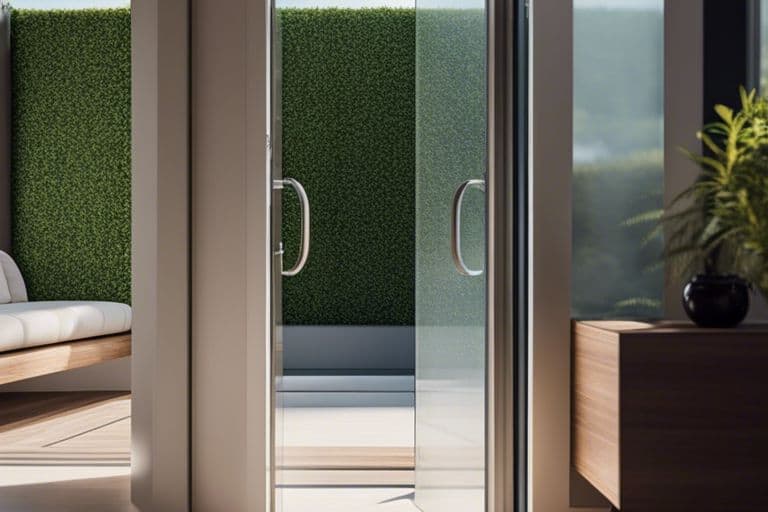
Advanced Care and Prevention
When it comes to maintaining and caring for your sliding doors, advanced care and prevention are crucial for keeping them in optimal condition. Here are some advanced care tips and preventive measures to ensure the longevity of your sliding doors:
- Regularly clean and lubricate the tracks and rollers to prevent wear and tear.
- Inspect the weather-stripping and seals for any signs of damage and replace them if necessary.
- Check for any cracks or chips in the glass and have them repaired by a professional to prevent further damage.
For a detailed guide on properly maintaining your sliding glass patio door, check out How to Properly Maintain Your Sliding Glass Patio Door.
Long-Term Protection Strategies
Implementing long-term protection strategies is essential for preserving the functionality and appearance of your sliding doors. Consider applying a protective coating or film to the glass to protect it from scratches and UV damage. Additionally, investing in high-quality security locks and handles can secure your sliding doors against potential break-ins.
Seasonal Sliding Door Considerations
As the seasons change, it’s important to adjust your sliding door maintenance routine accordingly. During the winter months, ensure that the tracks are free from ice and debris to prevent sticking. In the summer, pay attention to the expansion and contraction of the door frames due to temperature changes, and make any necessary adjustments to maintain smooth operation.
Regular upkeep during each season will prolong the lifespan of your sliding doors and prevent costly repairs in the future.
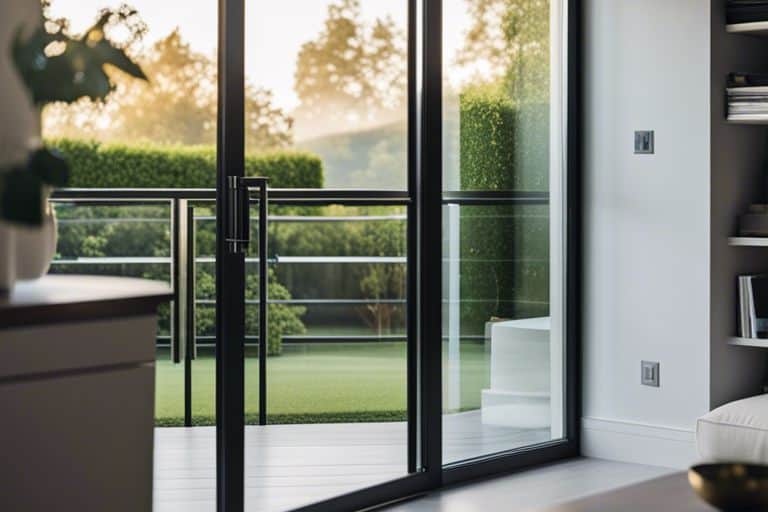
The Dos and Don’ts of Cleaning and Upkeeping Your Sliding Doors
In conclusion, it is essential to follow the dos and don’ts of cleaning and upkeeping your sliding doors to ensure their longevity and optimal functionality. By regularly cleaning the tracks and using a gentle cleaning solution, you can prevent buildup and maintain smooth operation. Avoid using harsh chemicals, abrasive materials, or excessive force when cleaning, as this can damage the door’s finish and mechanisms. Additionally, make sure to regularly inspect and lubricate the moving parts to ensure they continue to operate smoothly. By following these guidelines, you can keep your sliding doors in top condition and avoid costly repairs or replacements in the future.
The Dos and Don’ts of Cleaning and Upkeeping Your Sliding Doors
Q: How often should I clean my sliding doors?
A: It is recommended to clean your sliding doors at least once a month to prevent accumulation of dirt and debris that can affect their functionality.
Q: What cleaning products should I use for my sliding doors?
A: Use a mild, non-abrasive cleaner and a soft cloth to clean the glass and frames of your sliding doors. Avoid using harsh chemicals or abrasive materials that can damage the surfaces.
Q: Can I use a pressure washer to clean my sliding doors?
A: No, using a pressure washer can force water and debris into the tracks and seals of the sliding doors, leading to potential damage and water leakage. Stick to gentle cleaning methods to avoid costly repairs.
Q: How can I maintain the tracks of my sliding doors?
A: Regularly vacuum or use a soft brush to remove dirt and debris from the tracks of your sliding doors. Avoid using oil-based lubricants as they can attract more dirt and cause the tracks to become sticky.
Q: What are the common mistakes to avoid when cleaning sliding doors?
A: Avoid using abrasive materials, neglecting the tracks, and forcefully closing or slamming the doors. These actions can lead to scratches, damage, and dysfunctionality of the sliding doors.


